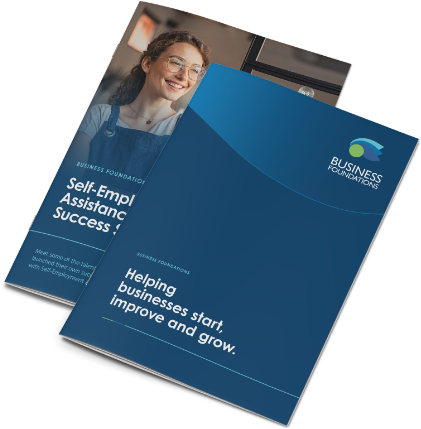How To Develop A Successful Business Succession Plan
August 28, 2020
An often forgotten but highly important part of business planning involves developing a succession plan. This process allows you to plan for the successful transfer of your business to your chosen successor. By planning a succession plan years ahead of time, you can seamlessly retire from your business with all parties involved knowing their obligations to each other and the business.
As a business owner, the day to day operations are time consuming enough, and it is understandable how planning your succession can be pushed to the sidelines. However, planning for succession also effects how your business operates right now.
By determining how to best protect your business and opportunities now your business can survive well into the future.
Planning a succession plan for your business should be done with the help of your accountant or lawyer to ensure that everything falls into place as you intend it to. We have compiled a list of things you will need to look at when planning your succession.

Identify Your Successor
Choosing a successor for your business can sometimes be the most difficult part of developing a succession plan. Will your business go to a family member? An employee? A business partner? Or will you just sell it?
This all depends on what you think is best for your business and your loved ones. It is also important to ensure whoever you choose to take over the business has the skills to effectively run the business. It is also important to note that leaving your business to a certain family member can potentially cause a strain on relationships and present legal obligations. It would be wise to discuss your successor candidates with a lawyer.
Value Your Business
Even if you have no plans to sell your business, a valuation can provide a snapshot of how much your business is currently worth in order to guide the succession plan for the future. A business valuation can indicate how much your shares are worth, the value of your assets and assist in purchasing insurances that will help safeguard your business.
Plan For The Transition
Perhaps the most important part of a succession plan is determining how it will be put into place. This can include mentoring your successor to effectively lead the business, identifying the financial and legal obligations you will have to meet to transfer your business, and inform your successor of all their responsibilities as an owner.
This plan should be achievable and have a timetable to reach particular milestones. If this step is done correctly, there should be a smooth hand off to your successor when the time comes.
Review The Plan Regularly
It is important to not forget about your plan once it is complete. Over the years, review the plan to ensure it aligns with where your business is standing and where you would like it to go. This allows for you to make changes where needed and ensure that your succession plan is always ready to be implemented.
Final Handover
After completing a succession plan and informing your chosen successor of their responsibilities, you should be able to seamlessly step aside when the time comes. A comprehensive and concise succession plan should allow a transition of ownership whilst having little to no impact on operations.
It can be hard to think about retirement when your business is focused on how to deliver a profit today, but it can save a lot of headaches in the future. By creating a succession plan in collaboration with an accountant and lawyer, it can allow for an effective and seamless transition in the future.
Acknowledgement Of Country
Business Foundations acknowledges the traditional custodians throughout Western Australia and their continuing connection to the land, waters and community. We pay our respects to all members of the Aboriginal communities and their cultures; and to Elders both past and present.
Victoria
The Commons
80 Market Street,
South Melbourne VIC 3205
admin@businessfoundations.com.au
Western Australia
Wesley Central
2 Cantonment Street,
Fremantle WA 6160
admin@businessfoundations.com.au


Get In Touch
Have a question or to find out how we can help you, please get in touch.






